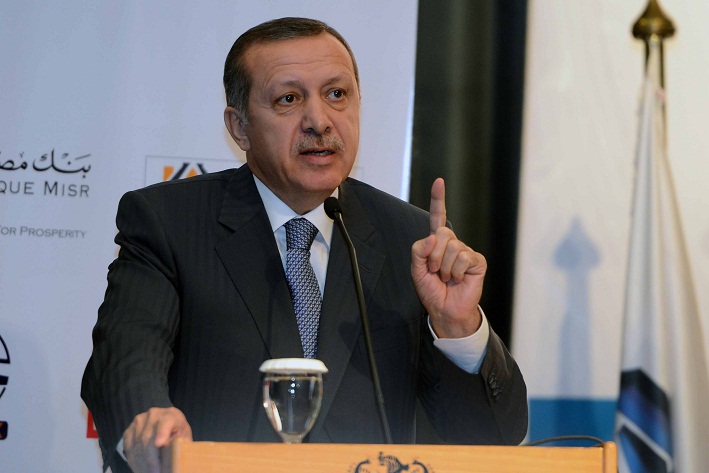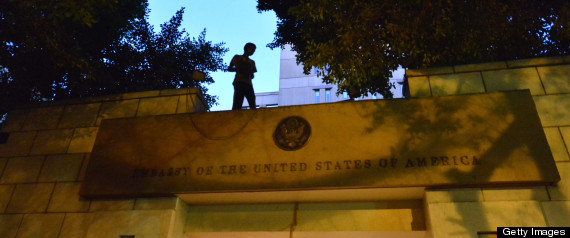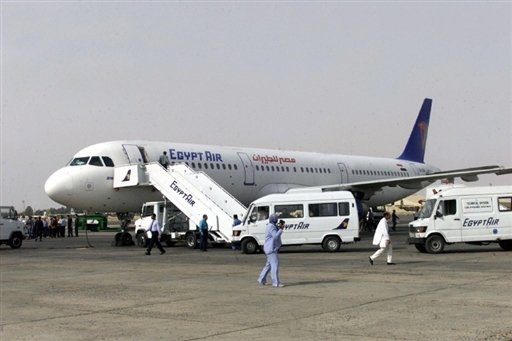Turkey ambassador returns to Egypt
Egypt is yet to make a decision as to whether or not…
US to reopen embassies except Yemen on Sunday
The US had closed some two dozen embassies and consulates since August…
Libya shuts Egyptian border in the wake of prison break
A Libyan activist is assassinated and prisoners escape from Benghazi
US embassy denies ‘US invasion’ claims
Passage of two US vessels near Red Sea coast causes controversy
Egyptians protest abroad
Embassies across the world scene of protests on 30 June
Foreigners in flight ahead of mass demonstrations
Following embassy warnings and fears of an escalation in violence, foreigners flocked…
US embassy to close for 30 June protests
Demonstrations could turn violent, US citizens should exercise caution, embassy warns
Authorities arrest eight after Shi’a lynching incident
Morsi draws criticism for not fighting Shi’a prejudice from NGOs as well…
Thirty Egyptians and Emiratis referred to trial
The trial shortly follows Al-Erian’s statements against UAE; protests held outside UAE…
Morsi’s Syria speech angers opposition
Amr Hamzawy: Speech calculated to win Salafi support on 30 June








